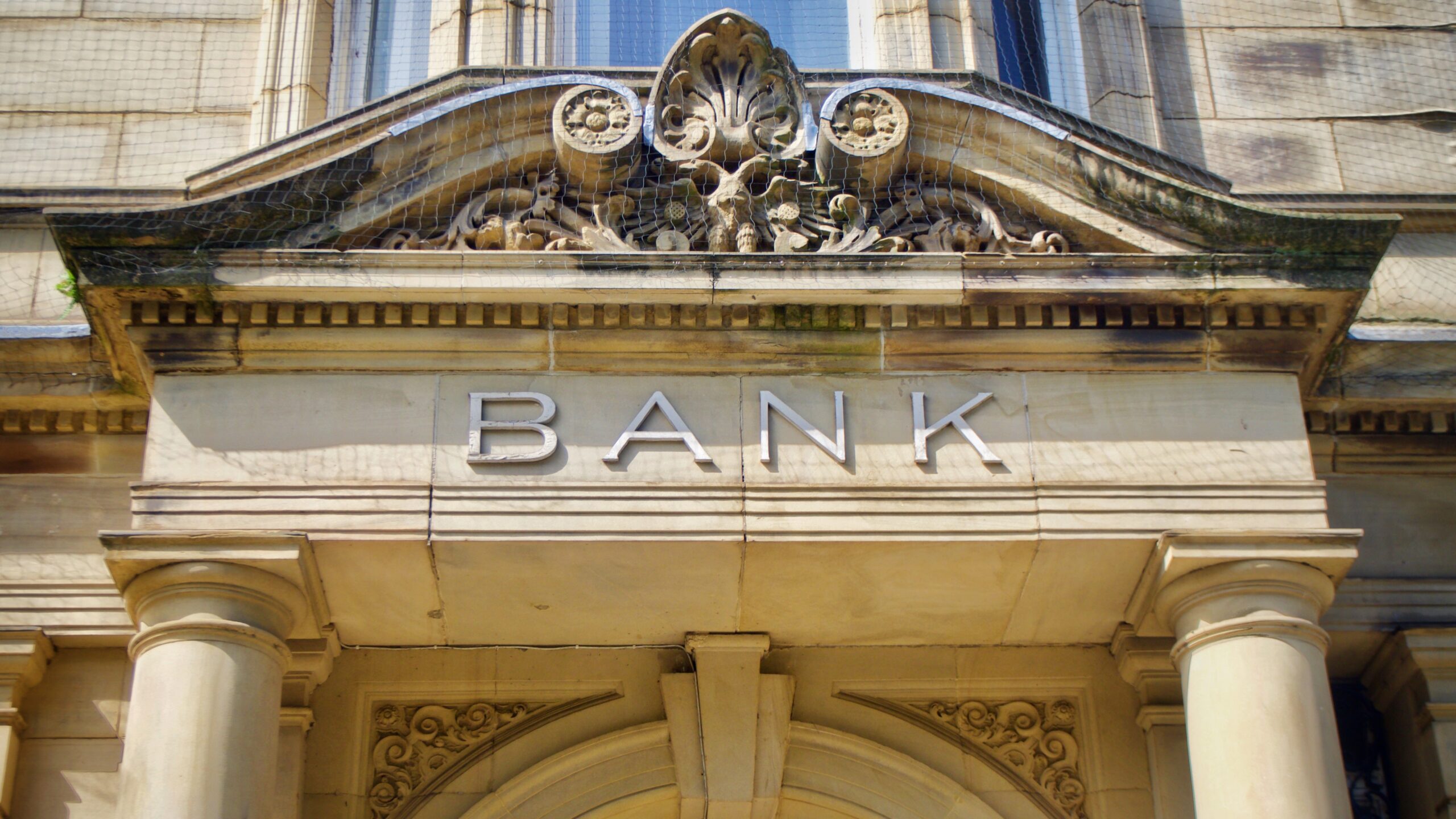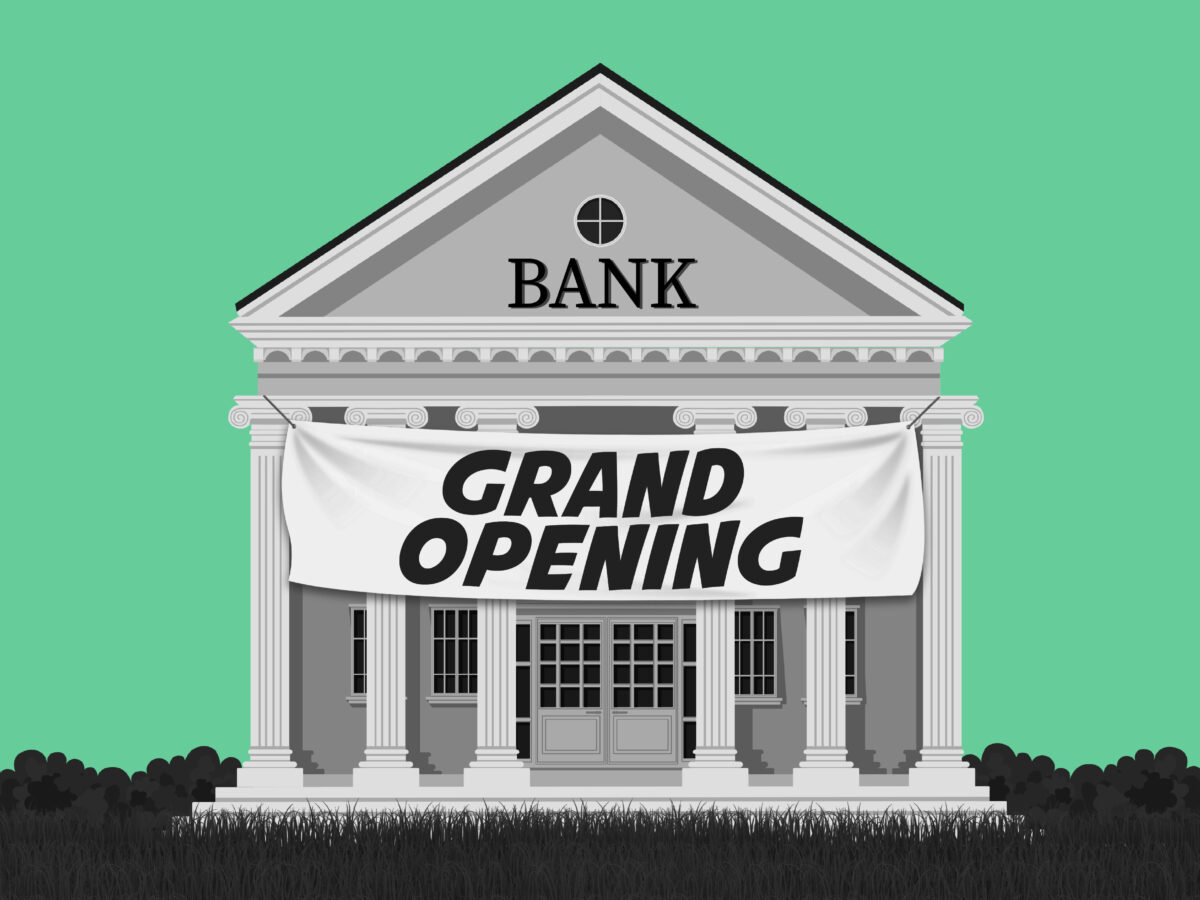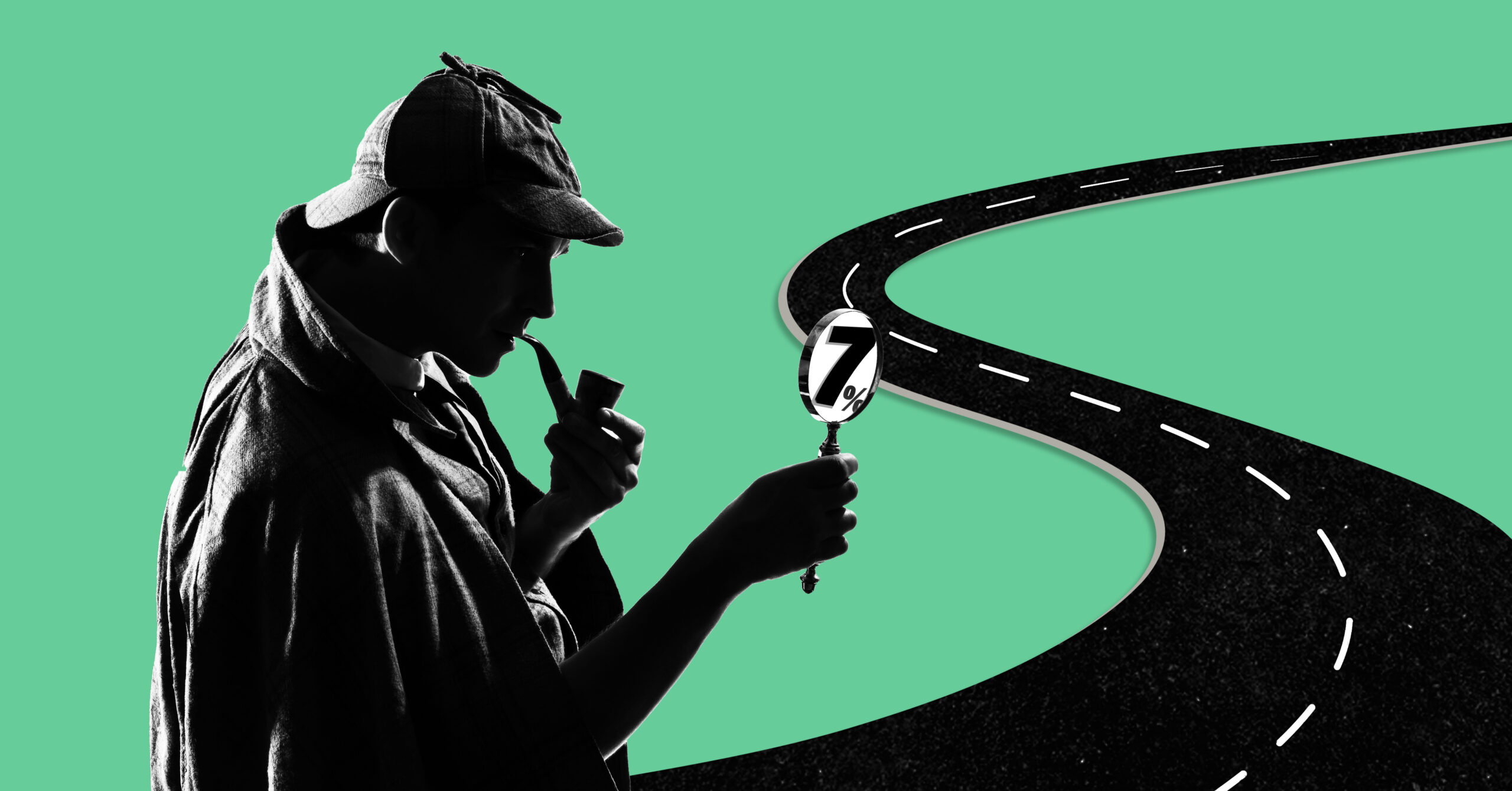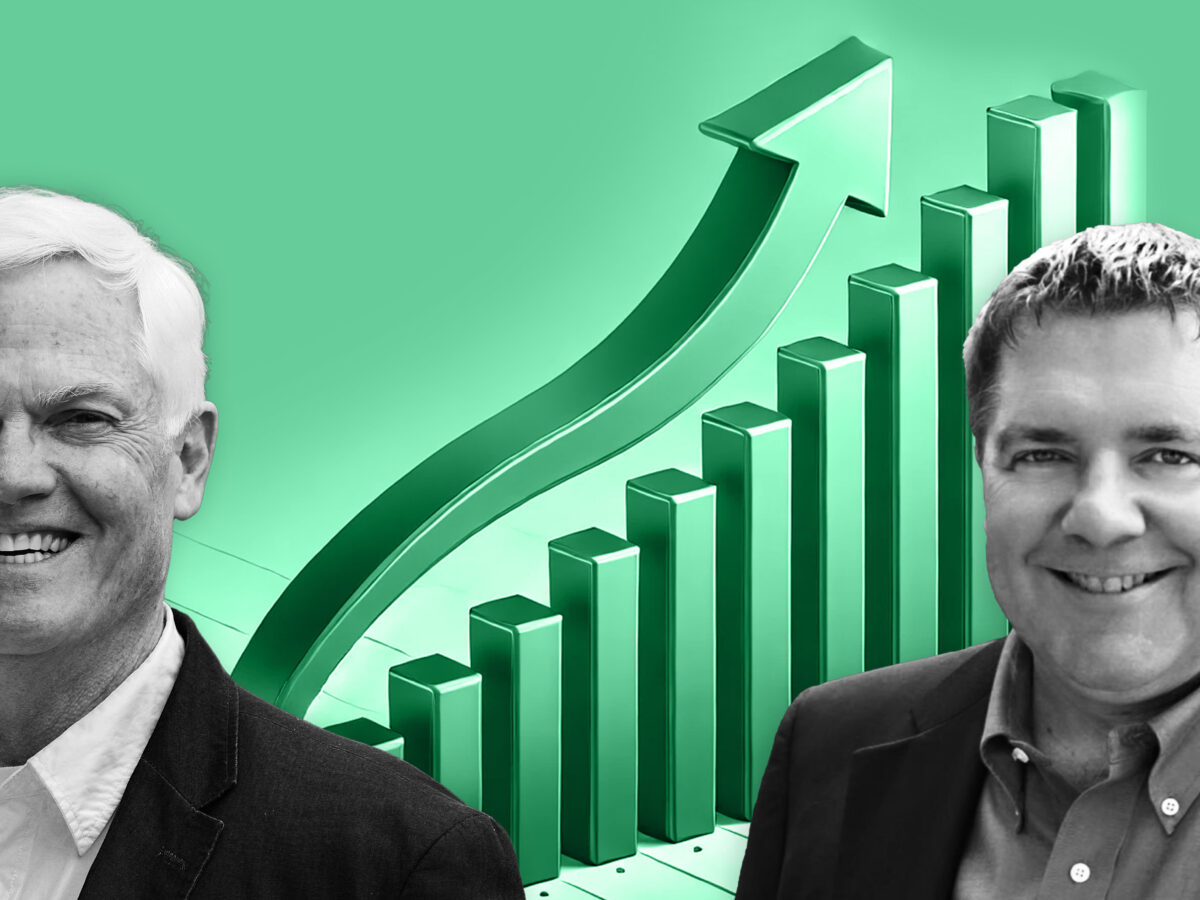Who Is Responsible for the Safety of Deposits?

There are over 4,200 FDIC insured banks in the United States. Of these, several banks like JP Morgan and Bank of America have been labeled as “too big to fail” banks which are also called SIFIs – Systemically Important Financial Institutions. SIFIs are required by regulators to meet higher standards of capitalization. Regulators also place greater scrutiny and oversight on SIFIs in order to prevent possibilities of contagion or systemic ripple effects in the event of major financial disruptions caused by underlying issues that birthed the Great Recession in 2008.
But who is really responsible for safe deposits in a free and highly competitive marketplace? In the wake of the SVB takeover by the FDIC, and after the remarks of President Biden yesterday, the general public might take away the idea that the federal government is responsible. After all, they promised, that all of our deposits are safe.
But like our system of democracy, elected officials are selected by the people to work for the people. The same goes for the companies that we essentially vote for when we buy their goods or services over competitive offerings.
I’ll cut to the chase. I am responsible for making sure my deposits are safe. I can choose to bank with any number of quality institutions, and I do. As a private citizen, I have two banking relationships. And, as a business owner, we have had as many as four banking relationship at the same time in order to maximize safety and to optimize liquidity and rates of return. In late 2020, our small agency deployed the sweep system offered by one of our local community banks to protect our clients’ money by automatically flowing any deposits of over $250,000 through the Intrafi Cash Service (ICS). There are over 1,500 community banks that participate in this automated network to ensure all deposits are under the $250,000 FDIC limits. It’s easy, seamless, and can meet the needs of major companies with multi-million-dollar cash management needs. I like banking with smaller, sub-regional community banks because they invest in their local communities, they lend wisely with collateral backing and guarantees, and they provide superior personal attention, guidance and service while keeping our money safe.
What concerns me is the prevalence of financial illiteracy among our business leaders. SVB executives, the VC community and business leaders need to be better fiduciaries. Our federal regulators, who have access to databases and AI-generated algorithms have predictive warning signals and need to act sooner. SVB played a very important part in our innovation economy and its failure should not have happened. But in a democratic capitalist system, we are all responsible for our own financial affairs. I urge you to make sure that all of your deposits are insured. The Intrafi Network makes it easy to accomplish that through your choice of a well-managed community bank. We have a strong banking system and an amazing innovation economy. Let’s all do our part in being financially responsible.





